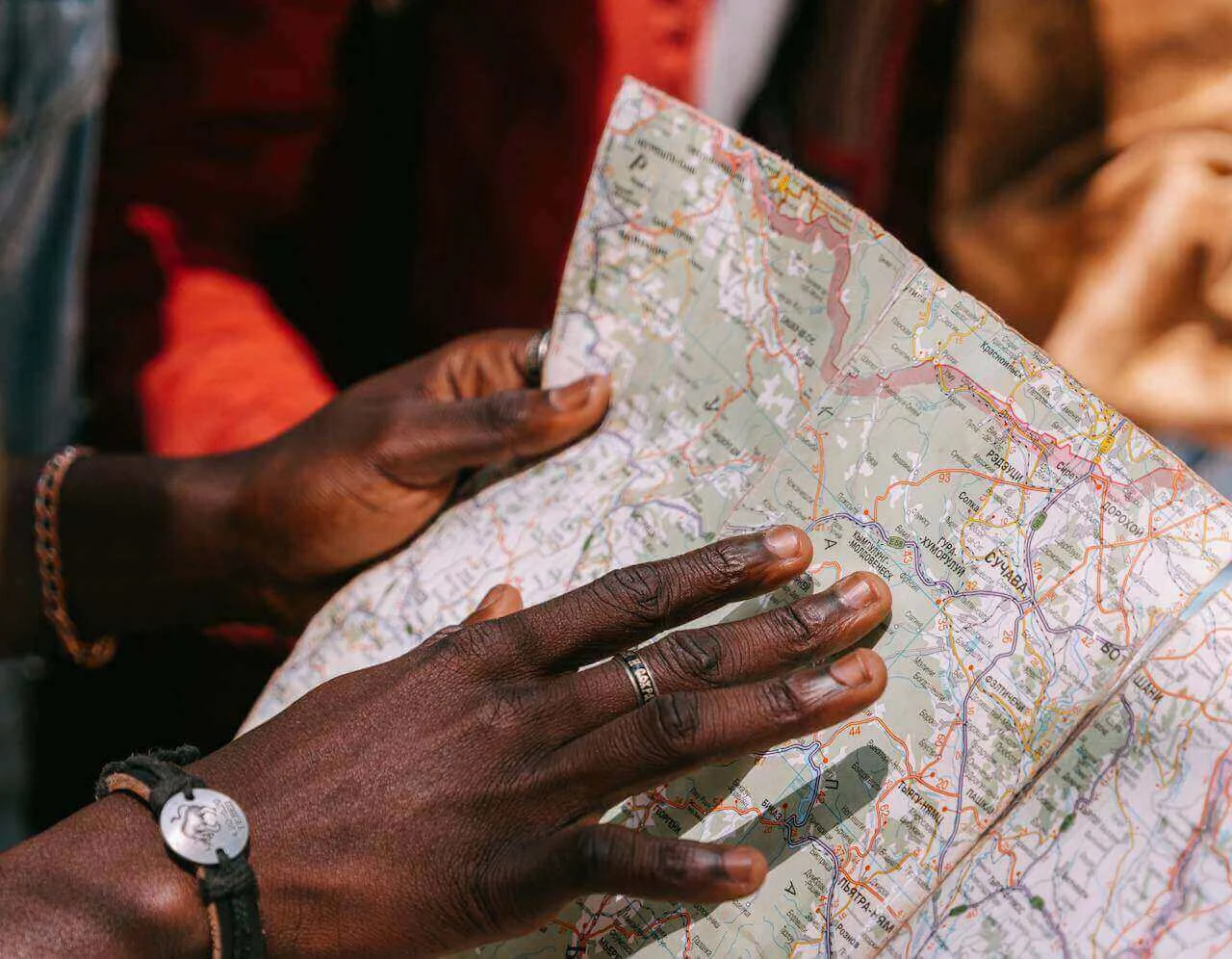Travel Tips for Beginners
 |
| Travel Tips for Beginners |
Traveling is one of the most enriching experiences one can have, but it can also be intimidating, especially for beginners. Whether you're planning your first trip abroad or embarking on a solo adventure, having the right knowledge and preparation is key to a successful journey. In this comprehensive guide, we'll cover everything you need to know as a beginner traveler, from planning and packing to staying safe and embracing new experiences. Let's dive in!
1. Preparing for Your Trip
- Researching Your Destination
Before you embark on your journey, take the time to research your destination thoroughly. Consider factors such as climate, culture, language, and local customs. Look for travel guides, blogs, and forums to gather insights and recommendations from experienced travelers.
- Planning Your Itinerary
While spontaneity can add excitement to your trip, having a basic itinerary can help you make the most of your time and resources. Identify must-see attractions and activities, but also leave room for flexibility and exploration. Consider factors such as transportation, accommodation, and budget when planning your itinerary.
- Booking Your Accommodation and Transportation
Once you have a rough itinerary in place, it's time to book your accommodation and transportation. Look for affordable and safe lodging options that suit your preferences and budget. When booking flights, trains, or buses, consider factors such as cost, convenience, and travel time.
2. Packing Essentials
- Packing Light
One of the golden rules of travel is to pack light. Avoid overpacking by sticking to the essentials and packing versatile clothing items that can be mixed and matched. Consider the climate and activities of your destination when selecting your wardrobe.
- Packing for Different Climates and Activities
If you're traveling to a destination with varying climates or engaging in different activities, pack accordingly. Bring layers for unpredictable weather, comfortable shoes for walking, and any specialized gear or equipment you may need for specific activities.
- Packing Smart
Maximize your luggage space and stay organized by using packing cubes, compression bags, and other travel accessories. Roll your clothes instead of folding them to save space, and use travel-sized toiletries to minimize bulk. Don't forget to pack essential documents such as your passport, visas, and travel insurance.
3. Staying Safe and Healthy
- Researching Health and Safety Information
Stay informed about health and safety risks in your destination by researching travel advisories, vaccination requirements, and potential health hazards. Visit your doctor before traveling to ensure you're up to date on any necessary vaccinations or medications.
- Practicing Personal Safety
While traveling, it's essential to prioritize your safety and well-being. Be aware of your surroundings, avoid risky behaviors, and trust your instincts. Keep your valuables secure, stay alert in crowded or unfamiliar areas, and avoid walking alone at night.
- Staying Healthy on the Road
Maintain a healthy lifestyle while traveling by staying hydrated, eating well, and getting enough rest. Pack snacks for long journeys, drink bottled water in areas with questionable tap water, and prioritize sleep to prevent fatigue and jet lag.
4. Budgeting and Money Management
- Setting a Travel Budget
Create a realistic travel budget based on your destination, duration of stay, and planned activities. Factor in expenses such as accommodation, transportation, food, activities, and souvenirs. Look for ways to save money, such as traveling during the off-peak season or booking in advance.
- Managing Your Finances Abroad
Manage your finances while traveling by using credit cards, debit cards, or cash wisely. Notify your bank of your travel plans to avoid any issues with your cards being blocked. Keep track of your expenses and stick to your budget to prevent overspending.
- Tracking Your Expenses
Use budgeting apps or spreadsheets to track your expenses while traveling. Keep all receipts and record your spending to stay within your budget. Review your expenses regularly and make adjustments as needed to ensure you're staying on track.
5. Navigating Cultural Differences
- Respecting Local Customs and Traditions
Show respect for the local culture and customs of your destination by familiarizing yourself with basic etiquette and traditions. Dress modestly, be mindful of your behavior in public places, and ask for permission before taking photos of people or religious sites.
- Learning Basic Phrases
Learn a few basic phrases in the local language to help you navigate everyday situations and interact with locals. Simple greetings, thank you, and pleasantries can go a long way in fostering positive connections and showing respect for the local culture.
- Embracing Cultural Experiences
Immerse yourself in the local culture by participating in cultural activities, trying local cuisine, and engaging with locals. Be open-minded and curious, and embrace new experiences with enthusiasm. Traveling is an opportunity to broaden your horizons and gain a deeper understanding of the world around you.
Conclusion
Embarking on your first trip can be both exciting and overwhelming, but with the right preparation and mindset, it can also be incredibly rewarding. By following these essential travel tips for beginners, you'll be well-equipped to navigate the challenges and uncertainties of travel and make the most of your journey. Remember to stay open-minded, flexible, and curious, and above all, enjoy the adventure!





